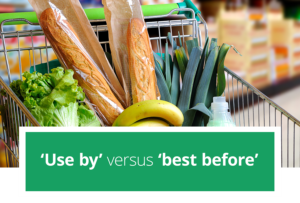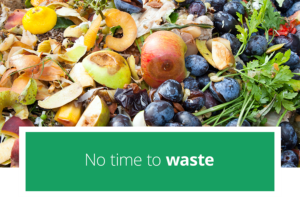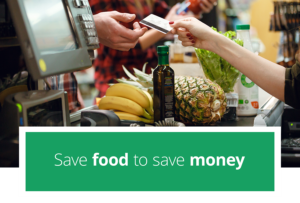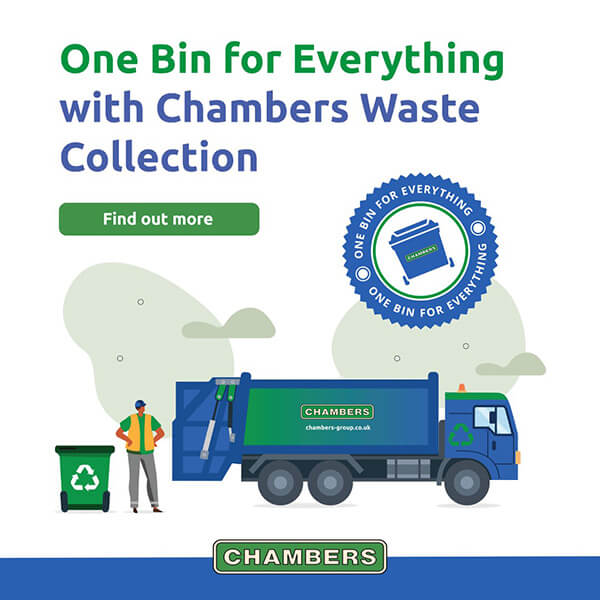
How scrapping ‘best before’ labels is reducing food waste
According to the UK climate charity, Waste & Resources Action Programme (WRAP), 70% of the 6.6 million tonnes of food we throw away at home every year could have been eaten. So why isn’t it? It often comes down to ‘best before’ labels…
The good news is that new supermarket initiatives are preventing millions of baskets worth of food from going to waste by ditching the labels and encouraging consumer judgement. As part of their commitment to help customers significantly reduce food waste by 2030, several supermarket giants are phasing out best before dates on their packaging.
Here are some of the steps they’ve already taken: Sainsburys: changed or removed date packaging from more than 1500 fresh produce items Co-op: replaced use by dates with best before dates on own-brand yoghurts Morrisons: ditched use by dates on own-brand milk and encourage consumers to use a “sniff test” to determine safe consumption.

Date labels are required on certain food and beverage products under rules set by the Food Standards Agency but WRAP has condemned best before dates on fruit and vegetables as unnecessary, arguing they encourage perfectly good food to be thrown away.
Best before dates explain the quality of a food item whereas use by dates define food safety. In other words, you should not eat food past its use by date, but you can eat food past its best before date if it looks, smells and taste fine.
Instead of throwing food away as soon as it reaches its best before date, we’re being encouraged to use our own judgement as to whether food is still good to eat, to save edible food from being discarded.

In total, the 900 million tonnes of food wasted worldwide every year accounts for around 10% of global carbon emissions, due to the resources required to produce it and the decomposition process.
By simply saving food from landfill where possible, we could easily reduce this weighty amount. WRAP estimates that by removing best before dates from the UK’s 10 most wasted fruit and vegetable items, households would reduce the annual food waste pile by more than 50,000 tonnes.
Protecting our planet needs to be a priority for us all right now and these initiatives are a hugely positive move in the fight against climate change.

As the cost of food rises, we’re all looking for ways to cut back and the best place to start is at home. Make food go further by getting creative with odd ingredients and toasting the last few slices of bread, and you’ll soon start seeing savings on your weekly shop that add up to a substantial amount throughout the month. Common household food items that you can often eat after their best before date include:
· Eggs
· Frozen food
· Bread
· Potatoes
· Canned food
· Cereal
· Baking ingredients like flour and sugar
Reducing food waste is one of the easiest ways we can fight climate change and we all have a role to play. What does your look like?
If you’d like to know more about Chambers Waste Management Solutions, please get in touch.




